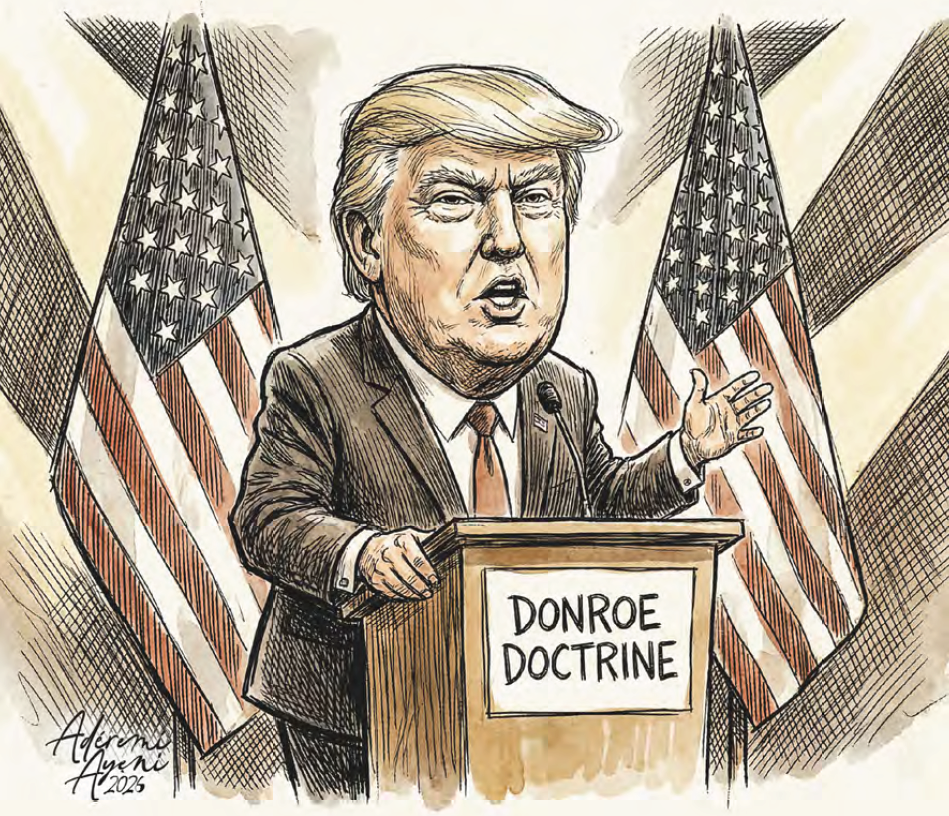States in Nigeria must prioritise financial viability as it is critical to unlocking the full potential of their nascent electricity markets and attracting the much-needed investment, industry stakeholders said on Tuesday.
While the Electricity Act presents an unprecedented opportunity for states to drive power development, the stakeholders noted that ensuring that power generators can recover costs remains the sector’s most formidable challenge.
This was made known at the Energy Conference 2025, which was organised by Businessday and themed, ‘Powering the States: Navigating Nigeria’s Decentralized Electricity Future.’
Read also:¬ÝWinning the war on Nigeria‚Äôs electricity crisis
“Not every state needs to set up an electricity market,” said Chinenye Ajayi, team lead, power and infrastructure practice at Olaniwun Ajayi LP, who represented Wolemi Esan, deputy managing partner at Olaniwun Ajayi LP.
Ajayi said states need to be realistic regarding their technical capabilities, payment plans, regulations, and overall capacities to be efficient and effective.
“Also, not every state needs to pass their laws,” she said, adding that a state with capacity should cater for the needs of neighbouring states with no capability to drive investments.
Speaking on Enugu State’s experience, Chijioke Okonkwo, chairman, Enugu Electricity Regulatory Commission, detailed how the state leveraged the new act to transform its energy landscape.
“With a dire situation where 36 percent of our population lacked electricity access and communities were either underserved or completely unserved, Enugu embarked on a policy-backed strategy,” he said.
According to him, this led to tangible successes, including an increase in the state’s national grid supply from 70 to 120 megawatts, the licensing of 15 megawatts of new generation capacity, and the operationalisation of its first mini-grid.
The state attributes its progress to a ‘light-handed’ regulatory approach and a clear definition of federal versus state responsibilities, fostering an environment conducive to investment.
Read also:¬ÝHow huge electricity bills strain household budgets
“The biggest problem we’ve had is that generators don’t have line of sight on how to recover their money,” he stated, advocating for a market-driven tariff system where competition, rather than regulation, dictates prices.
He stressed that businesses are not charities and will only invest where there are guaranteed returns, urging states to focus on incentivising distribution companies (discos) to bring power and deter electricity theft.
The role of renewable energy was also prominently discussed. A representative from Empower Nigeria, a foreign investor active in the Nigerian market with significant investments in solar and battery storage, highlighted solar PV as the cheapest source of power currently available. He urged state governments to integrate solar into their electricity plans and consider implementing ‘feed-in tariffs’ to allow excess renewable energy to be sold back to the grid, thereby reducing costs and enhancing grid stability.
From a regulatory standpoint, Dafe Ekpeneye, commissioner, legal, licensing & compliance at the Nigerian Electricity Regulatory Commission (NERC), advised states not to fear making mistakes but to learn from the broader Nigerian power sector’s past failures.
He also addressed perceived ‘gaps’ in the Electricity Act, arguing that rather than make overly prescriptive laws, what is needed is a shift in the mindset and a clear understanding of existing constitutional provisions that already empower states in distribution and in establishing power stations within their jurisdictions.
Read also:¬ÝPowering progress: The case for cost-reflective electricity tariffs in Nigeria
But investors re-echoed the regulator’s call for clarity. They emphasised that explicit legal provisions, particularly on the distinction between grid-connected (federal-regulated) and off-grid or intra-state operations, are crucial for building investor confidence.
“Investment flows in the path of least resistance,” Ajayi, earlier quoted, said, highlighting that foreign capital seeks transparent and predictable regulatory environments where roles are unambiguous.











